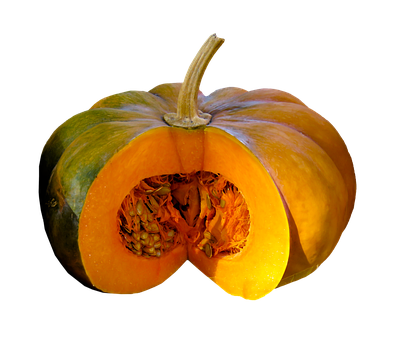Pumpkin seeds, also known as pepitas, are a nutrient-rich food that has been enjoyed for centuries. These small, flat seeds are packed with essential vitamins and minerals, as well as antioxidants and other beneficial compounds. In this article, we will explore the nutritional value of pumpkin seeds and discuss whether or not they are healthy for you.
First, let’s take a look at the nutritional value of pumpkin seeds. These seeds are an excellent source of protein, with one serving (1/4 cup) providing about 7 grams of protein. They are also a good source of healthy fats, including monounsaturated fats and polyunsaturated fats. Pumpkin seeds are also high in minerals like zinc, magnesium, and iron, as well as vitamins like vitamin K and vitamin E. In addition, pumpkin seeds are a good source of antioxidants, which can help protect your cells from damage caused by free radicals.
Pumpkin seeds are also rich in phytosterols, which are plant compounds that can help lower cholesterol levels. Additionally, they are a good source of L-tryptophan, an amino acid that helps your body produce serotonin, which is a chemical that regulates mood, sleep, and appetite.
One of the most notable benefits of pumpkin seeds is the high levels of magnesium. Magnesium is an essential mineral that plays a role in over 300 enzymatic reactions in the body. These reactions include muscle and nerve function, blood glucose control, and blood pressure regulation. Magnesium also plays a role in the formation of bones and teeth.
In addition to their nutritional value, pumpkin seeds are also known for their potential health benefits. For example, some studies have suggested that consuming pumpkin seeds may help reduce the risk of certain types of cancer, such as prostate cancer. This may be due to the presence of phytosterols and antioxidants in pumpkin seeds.
Pumpkin seeds may also help improve heart health. The high levels of magnesium in pumpkin seeds can help lower blood pressure and reduce the risk of heart disease. The seeds are also a good source of omega-3 fatty acids, which have been shown to have a beneficial effect on heart health.
Pumpkin seeds are also a good choice for those with diabetes. They are low in carbohydrates and have a low glycemic index, which means that they do not cause a rapid spike in blood sugar levels. Additionally, the high levels of magnesium in pumpkin seeds may also help improve insulin sensitivity and blood sugar control.
Another potential benefit of pumpkin seeds is that they may help improve sleep. Pumpkin seeds are a good source of L-tryptophan, an amino acid that helps your body produce serotonin, which is a chemical that regulates mood, sleep, and appetite. Eating pumpkin seeds may help promote feelings of relaxation and improve the quality of sleep.
Pumpkin seeds can be enjoyed in a variety of ways. They can be eaten raw or roasted, added to salads, yogurt, cereal, or oatmeal, blended into smoothies, or used as a topping for soups, stews, or casseroles. They can also be ground into a paste to make pumpkin seed butter.
In conclusion, pumpkin seeds are a nutrient-rich food that is packed with essential vitamins and minerals, as well as antioxidants and other beneficial compounds. They may also have potential health benefits such as reducing the risk of certain types of cancer, improving heart health, and helping to improve sleep. Pumpkin seeds are a versatile and tasty addition to any diet, making them a healthy choice for anyone looking to improve their overall health.

 Home
Home Health
Health Diet & Nutrition
Diet & Nutrition Living Well
Living Well More
More












